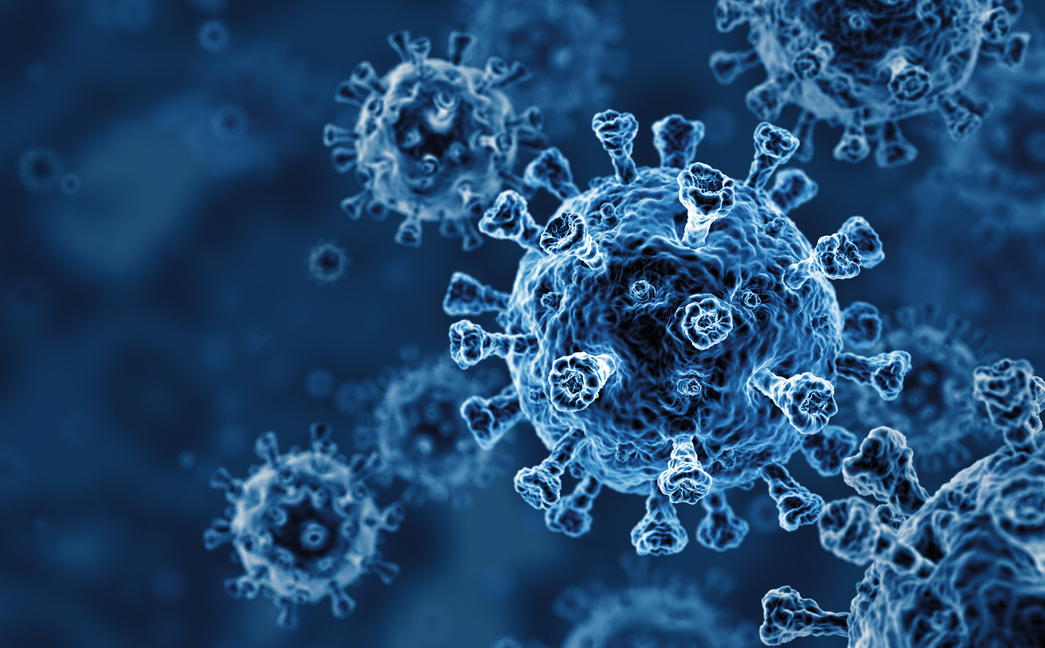
Immortal Cells and Mathematics Reveal Mechanism behind Coronavirus Infection
A mathematical model has helped describe the course of infection caused by two variants of coronavirus: Omicron and Delta, and explain the differences between them. It appears that the cell entry rate is lower for Omicron, allowing infected cells ample time to alert neighbouring cells of the threat and trigger the activation of their innate immune response. In the future, the developed model could be employed to investigate any other variant of COVID-19, potentially leading to effective strategies for combating new hazardous strains, such as Pirola and JN.1. The findings from the study conducted with the participation of HSE researchers have been published in PeerJ.

Workaholism Helps Young Narcissists Boost New Venture Performance
An international team of researchers including Professor Galina Shirokova, Director of the Strategic Entrepreneurship Centre at HSE University in St Petersburg, and her students Nailya Galieva and Diana Doktorova, examined the impact of narcissism on young entrepreneurs' success. The authors have demonstrated that a company founder's workaholism can amplify the influence of narcissism on a new venture's performance.
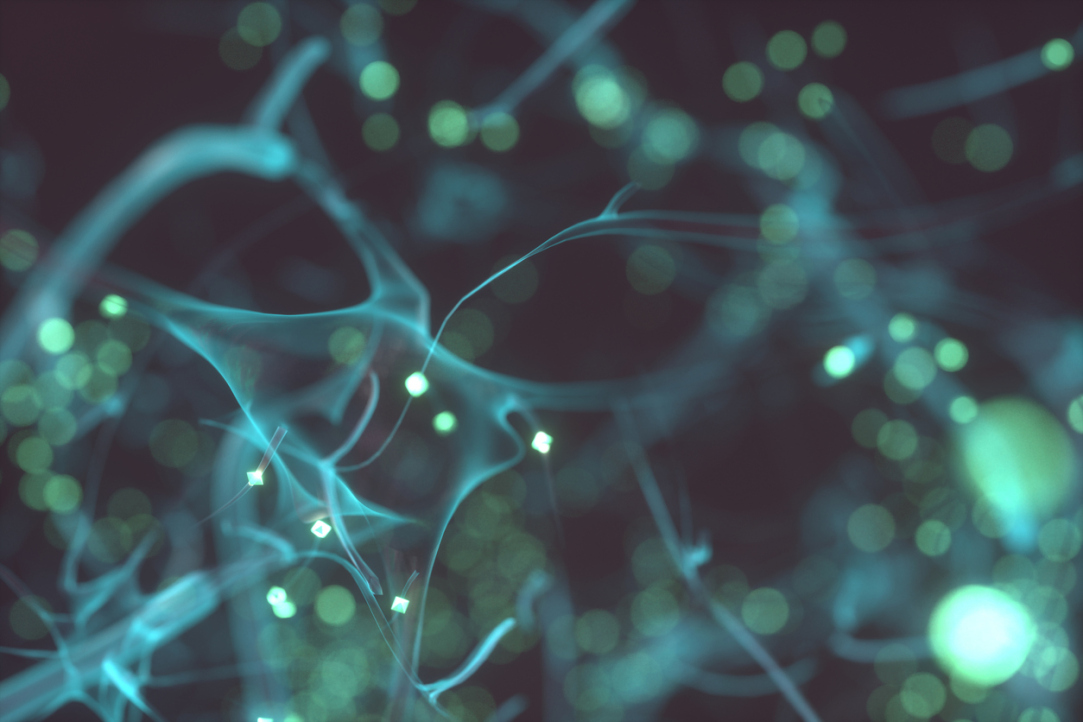
Mathematicians Reveal the Mechanism behind Neuron Synchronisation: Hyperchaos
Scientists of the International Laboratory of Dynamic Systems and Applications at HSE Campus in Nizhny Novgorod have described a rare case of synchronisation in a system of chemically coupled neuron models. The study findings enable a mathematical description of atypical brain functioning modes, including those associated with neurodegenerative diseases. The study has been published in Regular and Chaotic Dynamics.
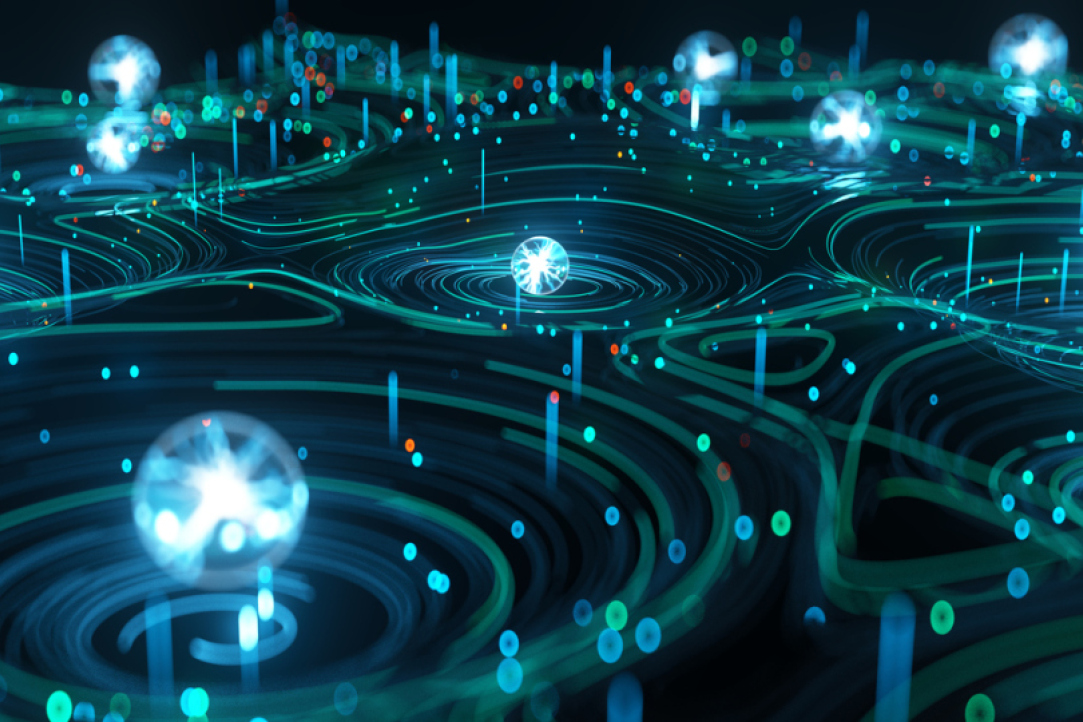
Russian Scientists Pioneer Accurate Mathematical Description of Quantum Dicke Battery
Physicists at HSE University and NUST MISIS have formulated and solved equations for a quantum battery, a device capable of storing energy in the form of light. Their findings will facilitate precise calculations of the capacity, power, and duration required for optimal battery charging. Quantum batteries are expected to improve the performance of solar panels and electric vehicles, while also opening up new avenues for efficient energy transfer. The study has been published in Physical Review A.
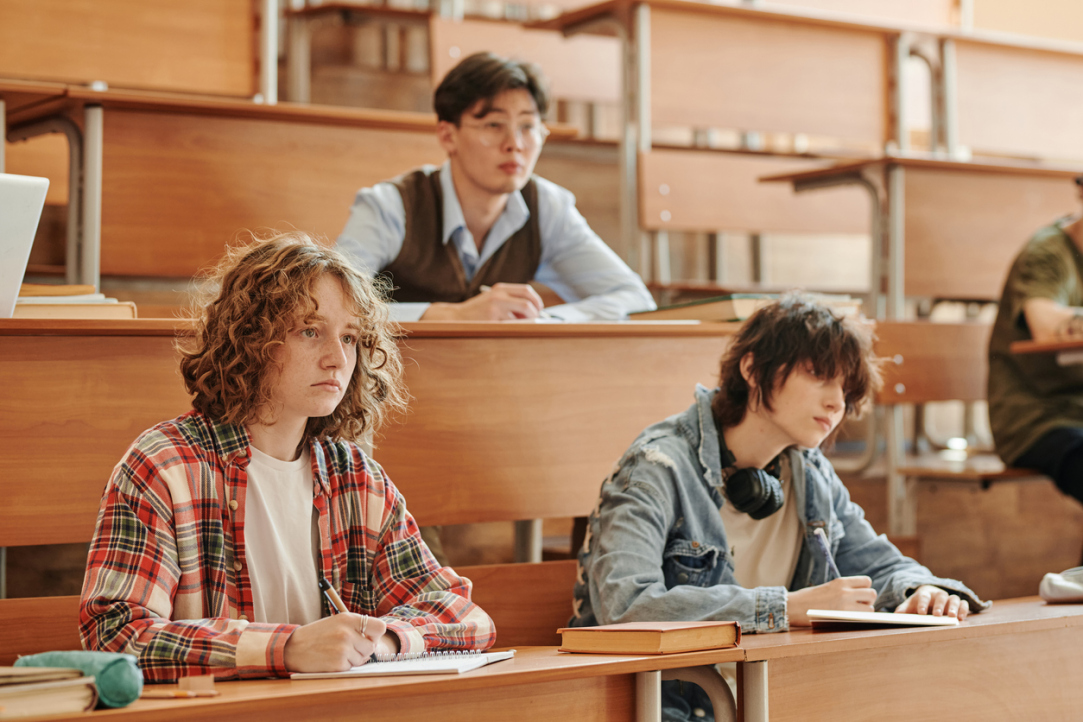
Inverse Relationship Found between Propensity to Innovate and Academic Success
Mariia Evdokimova and Anastasia Stepanova, employees of HSE University’s Faculty of Economic Sciences, studied the connection between students’ personal characteristics and their desire to create something new. The researchers have found that students’ propensity to innovate lowers their GPA. The results of the work were published in the preprint ‘Students’ Propensity to Innovate: Correlates, Determinants, and Impact on GPA.’

Cognitive Reappraisal of Negative Emotions Can Help Manage Stress
Researchers at the HSE International Laboratory of Social Neurobiology assessed the effectiveness of two strategies for regulating emotions: reappraisal and suppression. Having analysed data on the electrical activity of 60 individuals’ brains, the scientists discovered that both approaches put additional strain on the nervous system. It was also found that individuals who are prone to emotional contagion tend to be more effective in using reappraisal and managing negative emotions. The paper has been published in Experimental Brain Research.
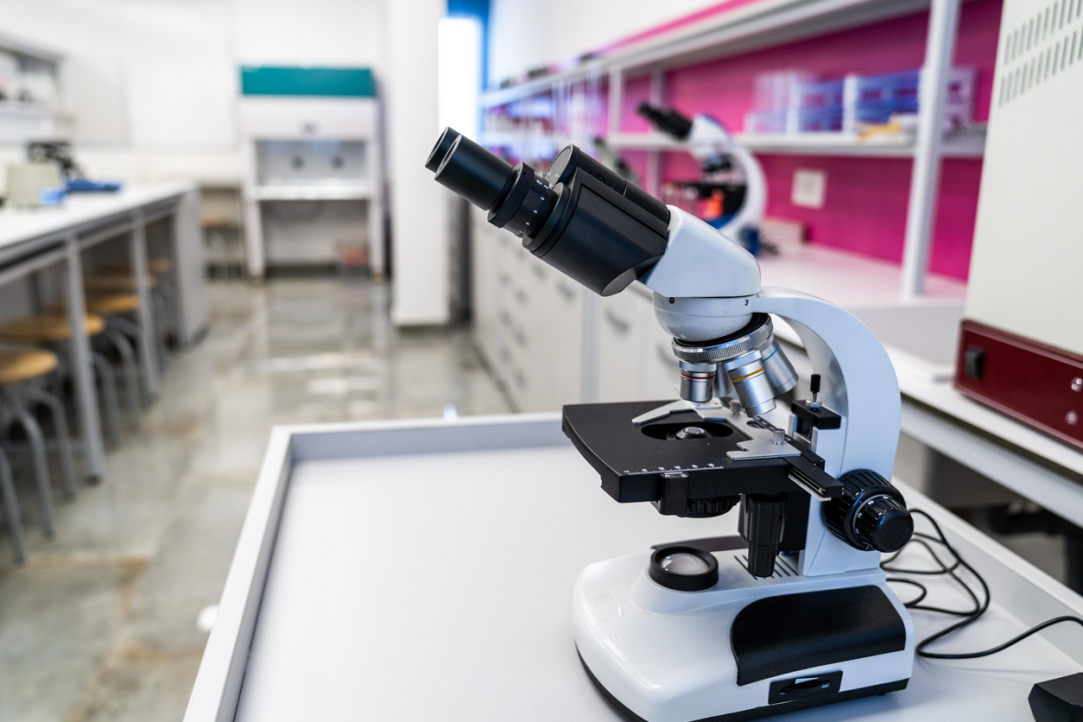
Scientists Devise Cheaper and Easier Method for Synthesising Layered Rare Earth Hydroxides—'Chemical Sandwiches’
Researchers at HSE University and the RAS Kurnakov Institute of General and Inorganic Chemistry have developed a simplified and cost-effective method for synthesising layered rare earth hydroxides using propylene oxide. This reagent helps streamline the process and reduce its duration by several hours. In the future, this method is expected to facilitate the synthesis of various hydroxide-based hybrid materials, including photocatalysts for water purification and luminescent materials for solid-phase thermometers. The paper has been published in the Russian Journal of Inorganic Chemistry.

Scientists Model Turbulence at Atomic Level
Scientists at HSE University and MIPT have developed a supercomputer-based method to model fluid flows at atomistic scales making it possible to describe the emergence of turbulence. The researchers used the supercomputers cHARISMa and Desmos to compute the flow of a fluid consisting of several hundred million atoms. This method is already being used to simulate the flow of liquid-metal lead coolant in a nuclear reactor. The paper has been published in The International Journal of High Performance Computing Applications.

Researchers ‘Personalise’ the Selection of a Neural Network for Face Recognition on Smartphones
Researchers from HSE University in Nizhny Novgorod, MISIS and the Artificial Intelligence Research Institute (AIRI) have developed an algorithm that selects the best available neural network for facial recognition, taking into account the features of a mobile device. This new approach accelerates the selection of the most suitable neural network and allows the identification of people with an accuracy rate of up to 99%. The study was published in the IEEE Access journal. The source code is available on GitHub.
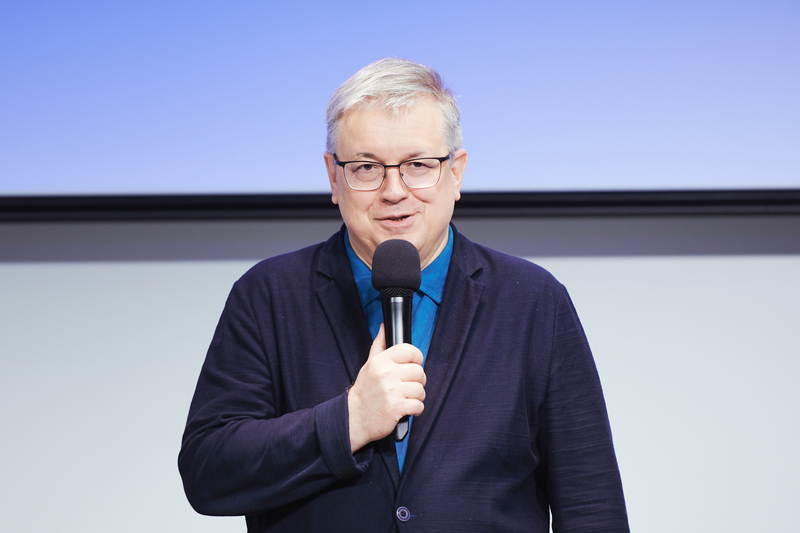
Social Constructor: Yaroslav Kuzminov on Regulating the Platform Economy
Yaroslav Kuzminov, HSE Academic Supervisor, in a column for Forbes Russia magazine analyses the development of the platform economy and the different approaches to its regulation, including the extension of the system of social guarantees to this sector.

